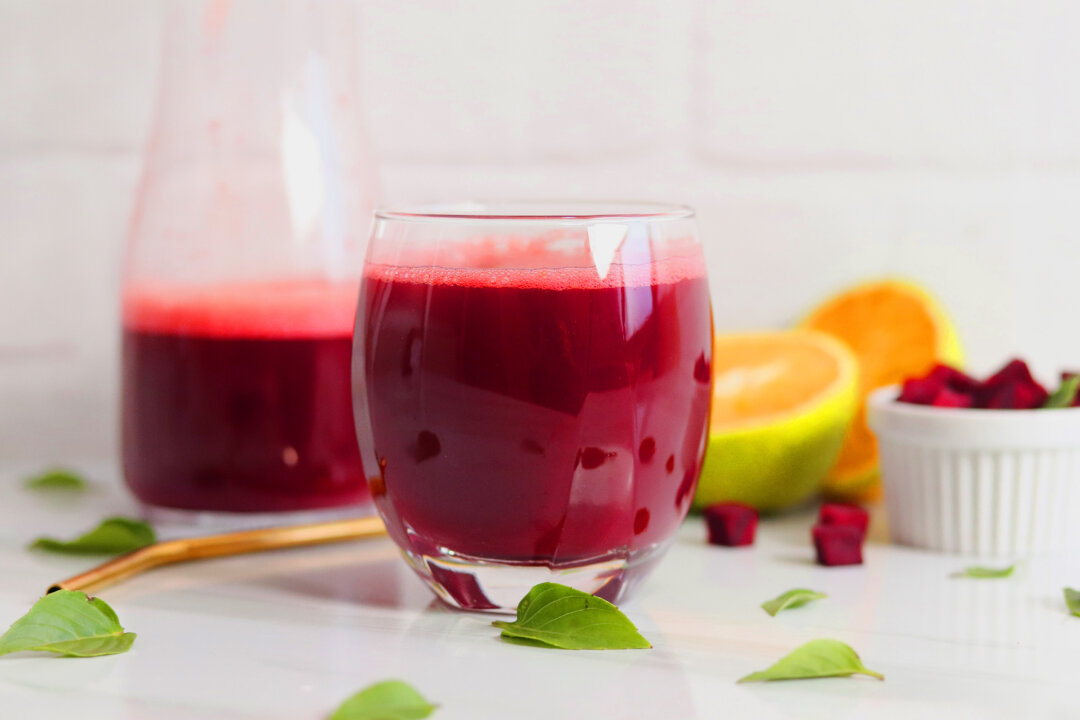A groundbreaking study reveals how beetroot juice significantly lowers blood pressure in individuals over 60, attributing its efficacy to unique oral bacterial compositions in older adults.
Beetroot’s potent effect stems from its high nitrate content, which the body converts into nitric oxide. This crucial compound is known for its vasodilatory properties, improving circulation and cardiovascular function.
The key to this age-specific benefit lies in the oral microbiome. Researchers discovered that older adults possess a distinct balance of mouth bacteria more efficient at converting dietary nitrates into beneficial nitric oxide. This explains why younger individuals, despite nitrate intake, do not experience similar blood pressure reductions.
The study, published in Free Radical Biology and Medicine, involved 75 adults across two age groups—under 30 and over 60. While both groups exhibited shifts in oral bacteria after consuming beetroot juice, only the older cohort, who started with higher blood pressure, experienced a notable decrease.
Specific bacterial shifts were observed in both groups: a reduction in harmful Prevotella and an increase in beneficial Rothia-Streptococcus (linked to heart health) and Neisseria (linked to brain health). The older group notably showed a greater proliferation of beneficial bacteria and higher blood nitrate levels.
The research also highlighted the critical role of oral hygiene. Using antiseptic mouthwash in younger adults reduced bacterial diversity, rendering their blood vessels less responsive to the nitrate benefits from beetroot juice, underscoring the delicate balance of the oral microbiome.
Dental experts affirm that oral health is intrinsically linked to systemic wellness, especially in aging populations. Consistent oral hygiene practices, including brushing and flossing, are vital for maintaining a diverse and beneficial oral microbiome, which in turn supports nitrate conversion.
Beyond beetroot, many leafy greens such as spinach, romaine lettuce, and arugula are rich in nitrates. For maximum benefit, consuming these vegetables raw or using gentle cooking methods like steaming or microwaving is advised, as boiling can significantly diminish nitrate content.
While highly beneficial, individuals with diabetes should monitor blood sugar when consuming beetroot juice due to its sugar content; whole beetroot with fiber may be a safer option. This research not only validates dietary approaches to health but also emphasizes that food can address root causes of conditions like high blood pressure, offering a natural alternative to merely managing symptoms.





Leave a Reply